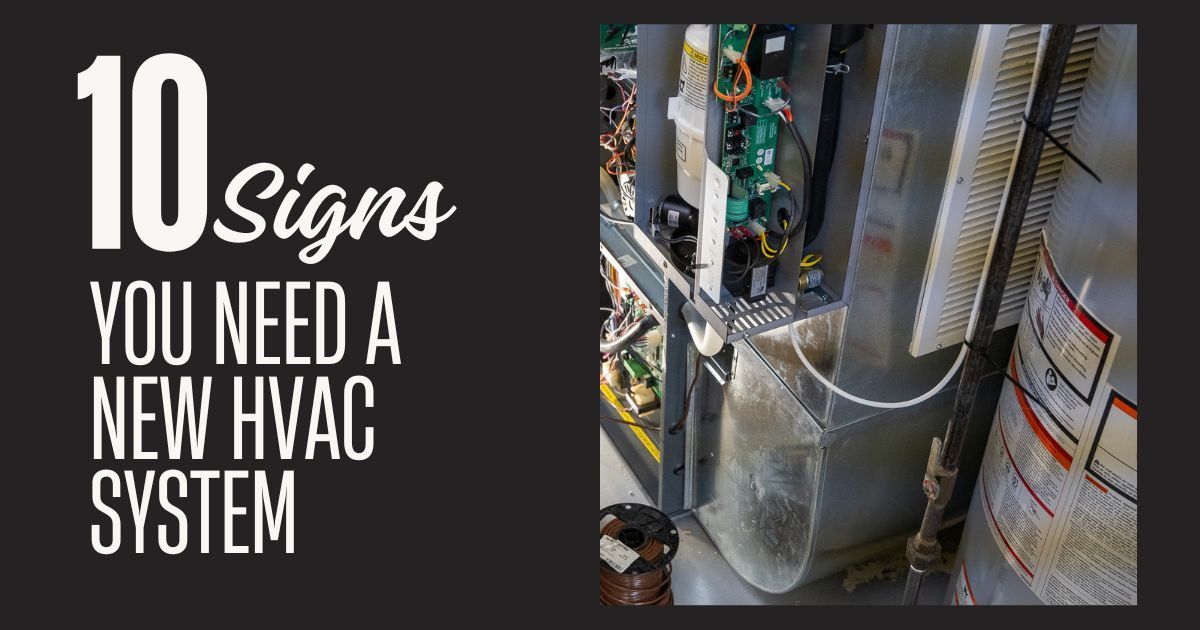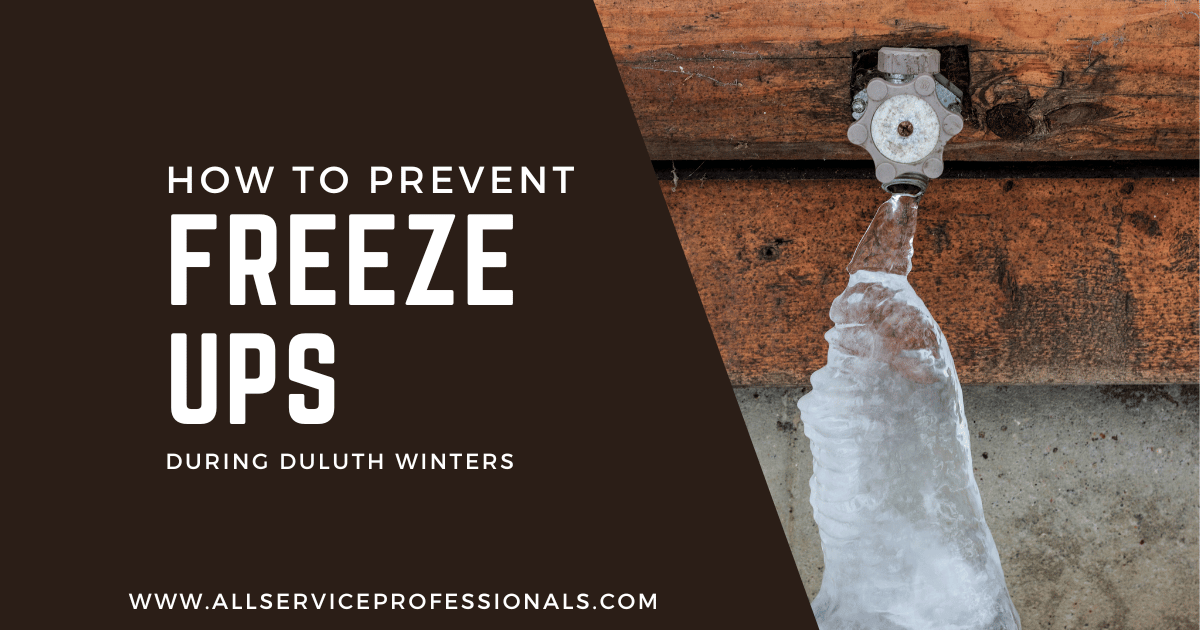ASP's Top Service Tips and Recommendations
Posted on
April 6, 2021
Do you know whether you have a septic tank, holding tank or city sewer in Duluth, MN—and do you understand the differences between all three? Understanding how your home’s or business’s wastewater is handled makes a big difference in your waste capacity, maintenance and costs. Here are the main differences between these three systems.
Septic tank
A septic tank is part of a Septic System in Duluth, MN. Instead of sending your wastewater down into municipal sewer lines, it’s sent into a concrete, steel or plastic tank buried underground. As the wastewater collects, it separates into a layer of sludge at the bottom, scum at the top and liquid effluent in the middle. The effluent is sent into a drain field through a series of perforated pipes. Helpful bacteria in the ground will feed on the organic material in the water, leaving it clean enough to go back into the groundwater supply.
Since the solid waste continues to build up, the average septic tank must be pumped every three to five years. You also must be very careful what you flush down the toilet or send down the kitchen sink, as your septic tank can be easily overloaded. Harsh chemicals and cleaners will kill the helpful bacteria, too.
Holding tank
Holding tanks are similar to septic tanks, but for vehicles. They’re much smaller than septic tanks (which usually hold up to 1,000 gallons of wastewater), so they need to be pumped more often. You’re more likely to see holding tanks in buses and RVs. They often have an alarm to alert you when they’re reaching “dangerous” levels.
Holding tanks do not treat wastewater. They’re simply there to hold the waste until it can be sent to a municipal wastewater treatment facility. This is often done by connecting a hose to the tank and sending the waste underground—if you’ve been to an RV park, you’ve probably seen one of these stations.
City sewer
A city sewer line sends your wastewater to a municipal waste water treatment plant in Duluth, MN. Instead of pumping a septic or holding tank, you’re responsible for taking care of any plumbing problems on your own property. If there are problems in the city sewer line, the city will take care of that themselves. However, you will pay fees for this service.
As with septic tanks, you should be cognizant of what you send down the pipes. If the pipes on your property get clogged, you’re responsible for taking care of repairs on your own. Plus, some of the things people flush down the toilet (like diapers, feminine hygiene products and baby wipes) are bad for any kind of wastewater treatment system.
If you’re still not sure what kind of wastewater system you have, you can always ask the previous owners, or look for more information in your home documents.
When you need plumbing assistance, ASP can help. We provide a full range of plumbing services, including services for septic tanks and sewer lines in Duluth, MN. Call today to get started.
Share this post
ASP's Top Service Tips and Recommendations.



